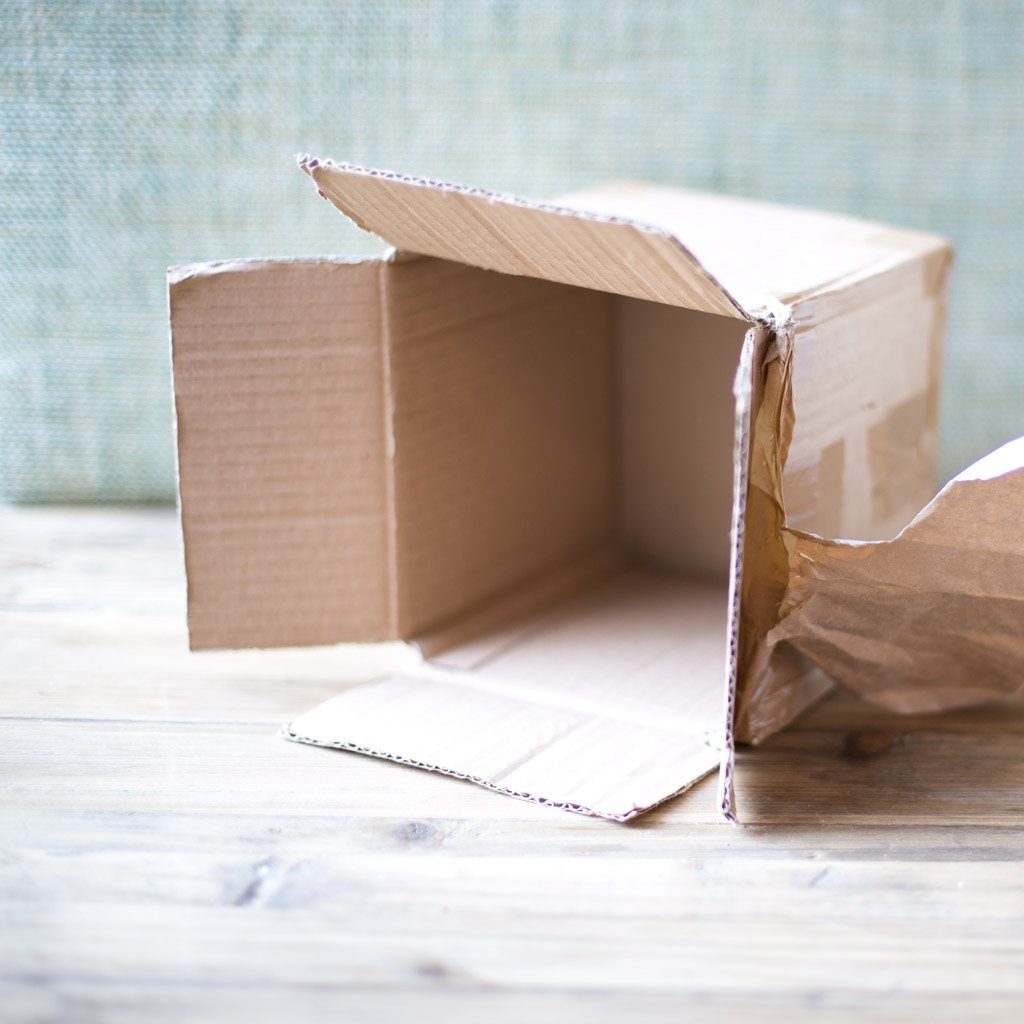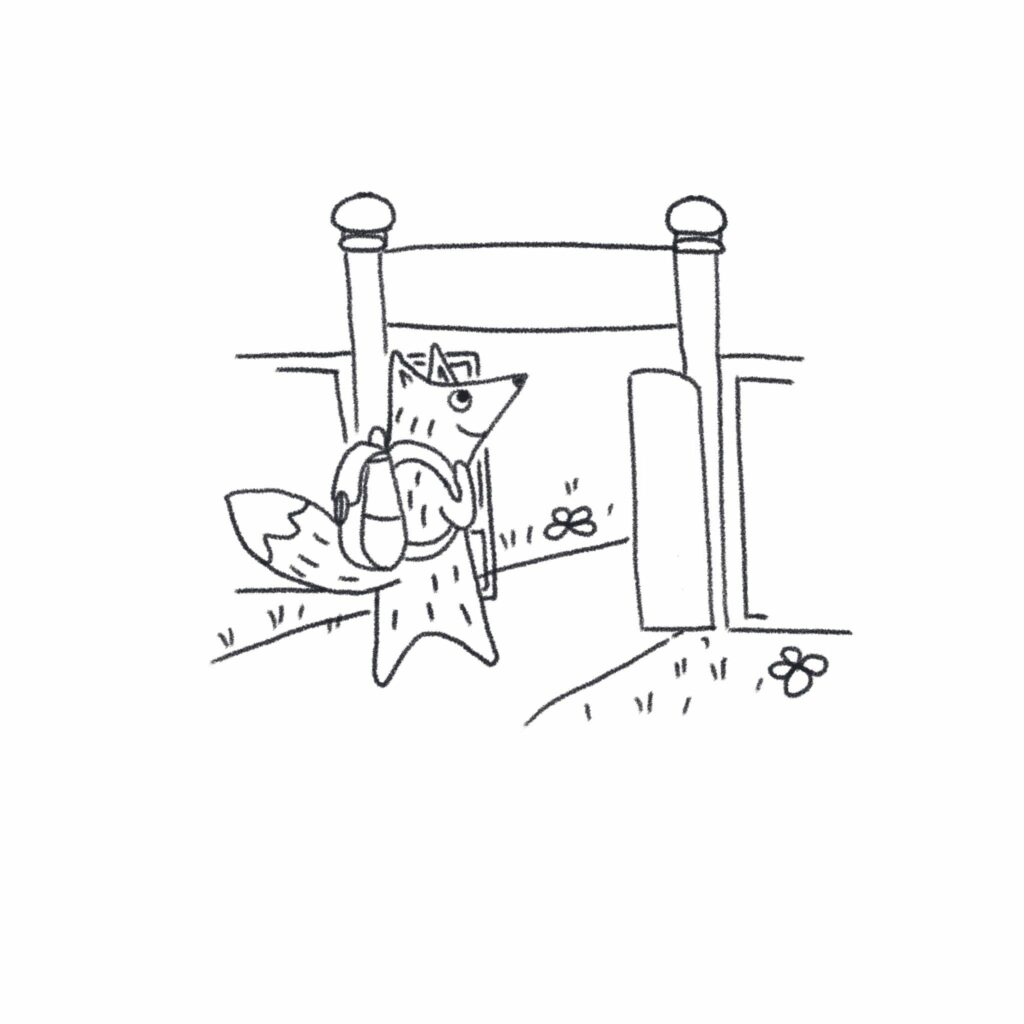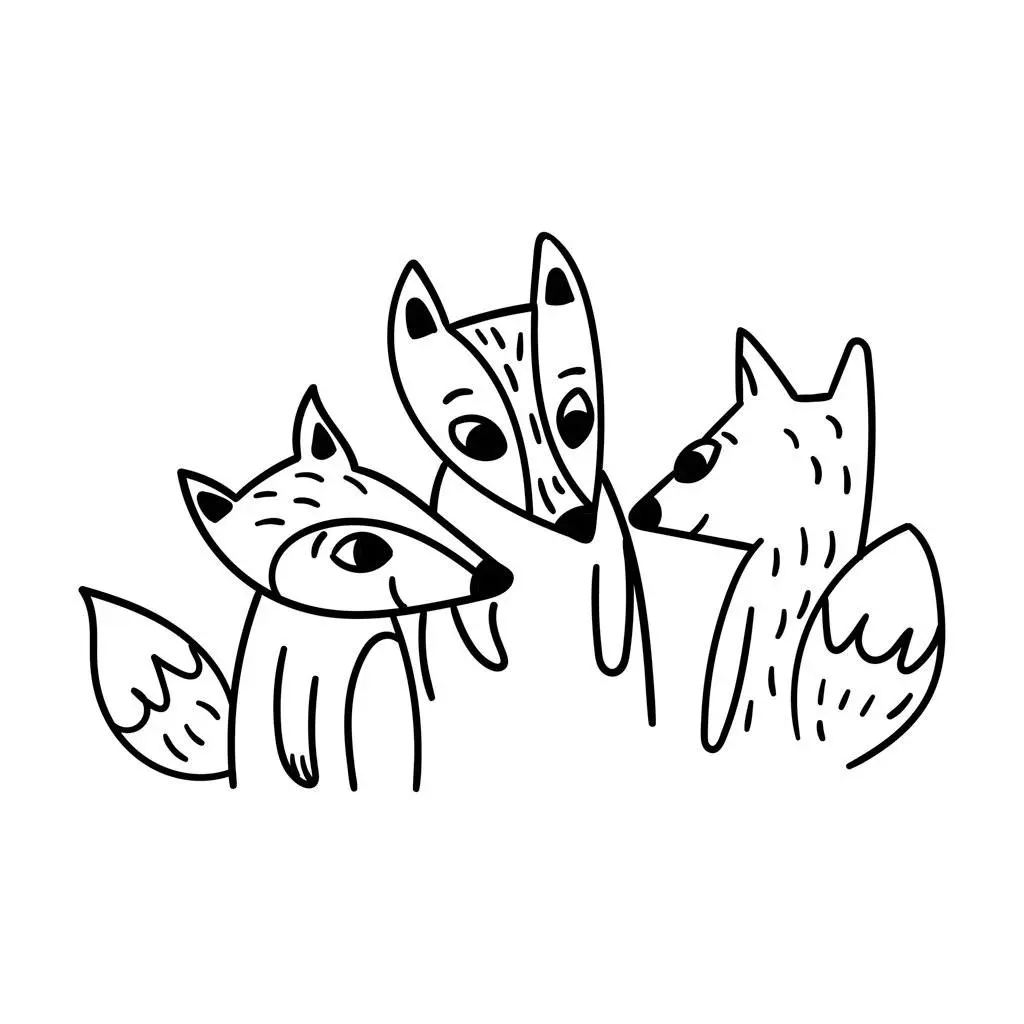How do you feel about educational toys?
And what are they, anyway?
Children instinctively know what’s good for them. Objects that can teach them lessons they are ready to learn are intensely interesting. It could be a wine cork, a marble or a muddy puddle. It could also be blocks, a wooden figure, or (very occasionally) a piece of plastic tat from the front of a magazine.
Calling something an educational toy is setting it up for failure. I’m not a fan of apps for the under 5s or gadgets that speak and sing, but their failing is not that they are electronic. It’s that they are sold as being educational. We’re led to believe that they will ‘teach’ our child. They might, but the time has to be right. And who knows when the time is right?
Your child.
Children naturally gravitate towards the things that will teach them what they need to know at the time they need to know it.
What’s brilliant about open-ended toys is that you can use them in many ways over many years. And because they reveal their secrets through exploration, they are always pitched at just the right level. A twelve-month-old has much to learn from a set of blocks, from bashing and dropping to piling and stacking. Years later they will still be in her toy box as she discovers the delights of arches, ramps and marble runs, a constant companion throughout childhood.
Don’t be seduced by the marketing hype around toys that will supposedly help your child reach the next developmental milestone. What you need is probably already in your toy box – or kitchen drawer.
Have you ever tried to make sense of the blurb on toy packaging? If so, you’ll have noticed manufacturers often like to make claims about a toy’s educational value. Statements such as ‘promotes fine motor skills’, ‘promotes language development’ and our favourite: ‘teaches cause and effect’, are used to sell the product.
Pick these statements apart even slightly, and you begin to realise they are nonsense. Is there any object in the universe that doesn’t teach cause and effect? And doesn’t language development come from speaking and listening? A child who talks as they play is developing language skills, especially if that play is with someone else. A child mutely pressing buttons on an electronic alphabet game is not.
There are lots of apps and devices that purport to teach children maths, but how many can convey the meaning of ‘6 divided by 2’ better than two friends sharing out sweets. One for you, one for me, one for you, one for me… Use numbers in everyday situations like this and you’ll never have to buy another electronic maths toy again.
So many of today’s ‘educational’ toys make children passive consumers of content. They require very little of the child other than to be entertained, rather than putting the work into inventing a game of their own.
The truth is, anything can be educational, from buckets and stones to puzzles and iPads. It’s not the toy that’s educational, it’s how you use it.
For example, you might buy a child a Hot Wheels loop-the-loop race track and they’d probably love it. But what is it they really love about it? It’s throwing something down a ramp, because they’re investigating speed, and how things accelerate downhill. You’d get the same level of play and engagement from propping up a plank and giving them something to roll down it. The bigger the range of items, the more scope their experiment has. Use anything from a car or a ball, to a rolling pin or a lump of play-dough. You could then move on to creating waterfalls and even rolling themselves down hills and sand dunes.
If something feeds a child’s desire to learn and matches their interests, it is educational. Just because a toy mentions fine motor skills on the side, doesn’t mean it does anything more for fine motor skills than threading pasta onto string.
How many ‘educational’ toys have you seen with the words, ‘Promotes Fine Motor Skills’ emblazoned across the packaging? How long did your child persevere with that toy before forgetting all about it? Yet how long would they spend trying to remove the clip from this bag of jelly babies? Exactly. If you’re motivated to solve a problem you will try until you succeed – and learn a great deal in the process.
The best thing to do with all those educational toys is take them to the charity shop. Keep the boxes though, and use them to create a small world or build a robot. Forcing your child to use their imagination will make their games richer (and more educational) for it.






